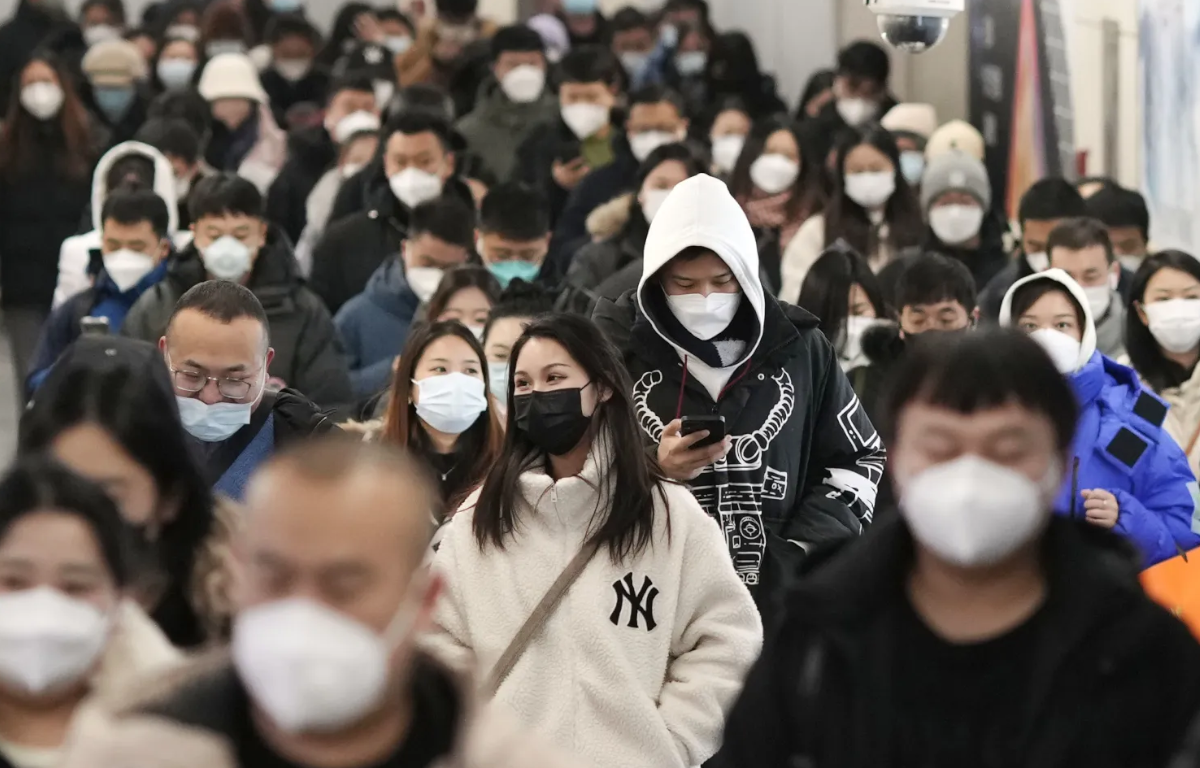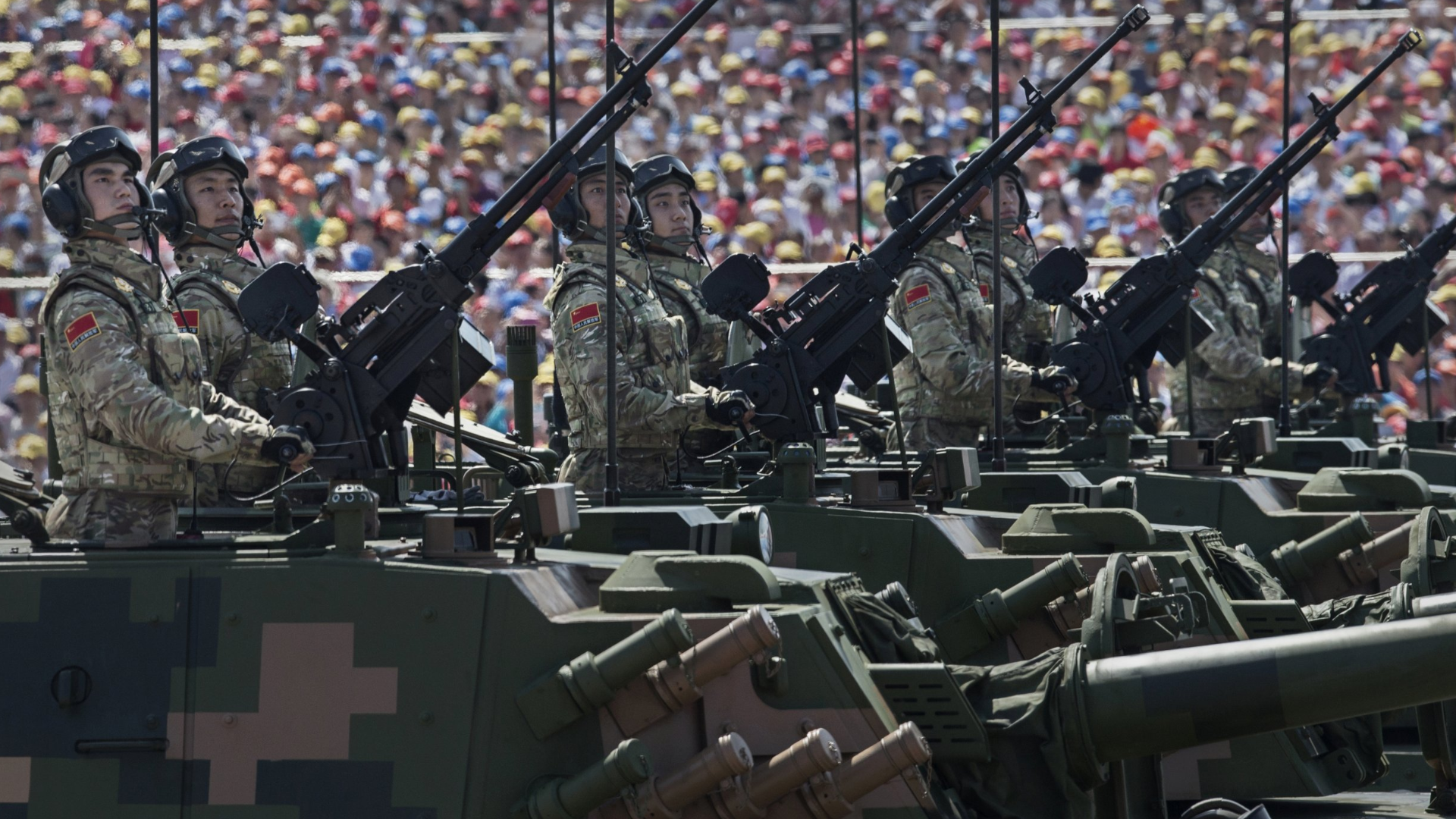
This development has sparked discussions about freedom of expression, censorship, and the challenges faced by artists and intellectuals in navigating sensitive historical narratives.
Mo Yan, whose real name is Guan Moye, is a prominent figure in Chinese literature, known for works such as “Red Sorghum” and “Big Breasts and Wide Hips.” His writing style often delves into the complexities of Chinese society, blending realism with elements of magical realism. In 2012, he was awarded the Nobel Prize in Literature for his “hallucinatory realism” that merges folk tales, history, and contemporary life.
The lawsuit against Mo Yan alleges that his novel “Frog,” published in 2009, distorted historical facts related to China’s family planning policies and their impact on rural communities. The plaintiff, identified as a retired official from the National Health Commission, claims that Mo Yan’s portrayal of forced sterilizations and abortions in the novel is inaccurate and defamatory to China’s policies.
This legal action against Mo Yan reflects broader tensions in China regarding artistic freedom and the interpretation of historical events. The country has a history of stringent censorship, particularly concerning topics deemed politically sensitive or critical of the government’s narrative. Authors, artists, and intellectuals often grapple with navigating these constraints while striving to explore complex themes and realities in their work.
Critics argue that lawsuits such as this one not only stifle creative expression but also limit public discourse and the exploration of diverse perspectives. They raise concerns about the chilling effect on artists and writers, leading to self-censorship and the avoidance of contentious subjects.
On the other hand, supporters of the lawsuit contend that it is essential to uphold historical accuracy and prevent the dissemination of misleading information. They argue that while artistic freedom is important, it should not come at the expense of distorting facts or misrepresenting historical events, especially those with significant societal implications.
The case of Mo Yan underscores the delicate balance between artistic expression and societal norms, particularly in countries with complex historical narratives and stringent censorship regimes. It raises questions about the role of literature and art in reflecting, challenging, and shaping collective memory and identity.
As the lawsuit unfolds, it prompts discussions about the responsibilities and challenges faced by artists, the limits of freedom of expression in different contexts, and the evolving dynamics between creativity and historical truth. It also highlights the ongoing struggle to reconcile artistic freedom with societal expectations and government regulations in the realm of literature and culture.










Share this: